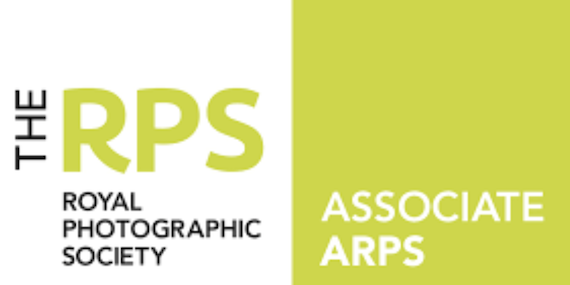Body Parts
Bill Brandt (born Hermann Wilhelm Brandt) was a British photographer and photojournalist. Although born in Germany, Brandt moved to England, where he became known for his images of British society for such magazines as Lilliput and Picture Post, later he made distorted nudes, portraits of famous artists and landscapes. He is widely considered to be one of the most important British photographers of the 20th century.
Shortly after the war, he contracted tuberculosis and spent much of his youth in a sanatorium in Davos, Switzerland. He travelled to Vienna to undertake a course of treatment by psychoanalysis. He was, in any case, pronounced cured and was taken under the wing of socialite Eugenie Schwarzwald. When Ezra Pound visited the Schwarzwald residence, Brandt made his portrait. There, in 1928, he made a successful portrait of the poet Ezra Pound, who subsequently introduced Brandt to the American-born, Paris-based photographer Man Ray. Brandt arrived in Paris to begin three months of study as an apprentice at the Man Ray Studio in 1929, at the height of the era’s enthusiasm for photographic exhibitions and publications; his work from this time shows the influence of André Kertész and Eugène Atget, as well as Man Ray and the Surrealists.
In 1933 Brandt moved to London and began documenting all levels of British society. This kind of documentary was uncommon at that time. Brandt published two books showcasing this work, The English at Home (1936) and A Night in London (1938). He was a regular contributor to magazines such as Lilliput, Picture Post, and Harper's Bazaar. He documented the Underground bomb shelters of London during The Blitz in 1940, commissioned by the Ministry of Information.
During World War II, Brandt concentrated on many subjects – as can be seen in his "Camera in London" (1948) but excelled in portraiture and landscape. To mark the arrival of peace in 1945 he began a celebrated series of nudes. His major books from the post-war period are Literary Britain (1951), and Perspective of Nudes (1961), followed by a compilation of his best work, Shadow of Light (1966). Brandt became Britain's most influential and internationally admired photographer of the 20th century. Many of his works have important social commentary but also poetic resonance. His landscapes and nudes are dynamic, intense and powerful, often using wide-angle lenses and distortion.
https://en.wikipedia.org/wiki/Bill_Brandt
https://www.moma.org/artists/74
Shortly after the war, he contracted tuberculosis and spent much of his youth in a sanatorium in Davos, Switzerland. He travelled to Vienna to undertake a course of treatment by psychoanalysis. He was, in any case, pronounced cured and was taken under the wing of socialite Eugenie Schwarzwald. When Ezra Pound visited the Schwarzwald residence, Brandt made his portrait. There, in 1928, he made a successful portrait of the poet Ezra Pound, who subsequently introduced Brandt to the American-born, Paris-based photographer Man Ray. Brandt arrived in Paris to begin three months of study as an apprentice at the Man Ray Studio in 1929, at the height of the era’s enthusiasm for photographic exhibitions and publications; his work from this time shows the influence of André Kertész and Eugène Atget, as well as Man Ray and the Surrealists.
In 1933 Brandt moved to London and began documenting all levels of British society. This kind of documentary was uncommon at that time. Brandt published two books showcasing this work, The English at Home (1936) and A Night in London (1938). He was a regular contributor to magazines such as Lilliput, Picture Post, and Harper's Bazaar. He documented the Underground bomb shelters of London during The Blitz in 1940, commissioned by the Ministry of Information.
During World War II, Brandt concentrated on many subjects – as can be seen in his "Camera in London" (1948) but excelled in portraiture and landscape. To mark the arrival of peace in 1945 he began a celebrated series of nudes. His major books from the post-war period are Literary Britain (1951), and Perspective of Nudes (1961), followed by a compilation of his best work, Shadow of Light (1966). Brandt became Britain's most influential and internationally admired photographer of the 20th century. Many of his works have important social commentary but also poetic resonance. His landscapes and nudes are dynamic, intense and powerful, often using wide-angle lenses and distortion.
https://en.wikipedia.org/wiki/Bill_Brandt
https://www.moma.org/artists/74
